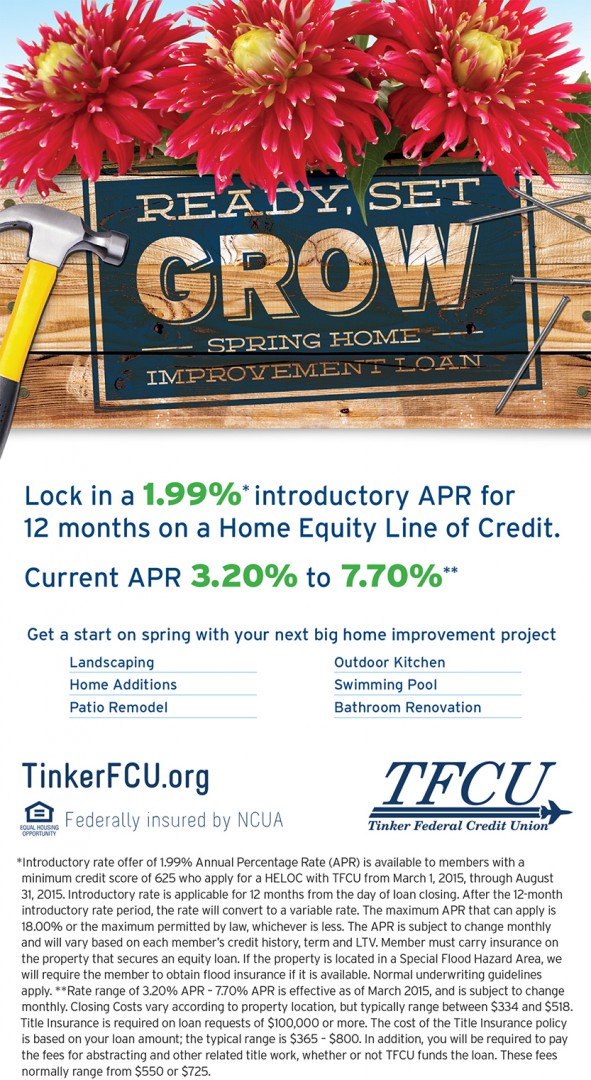Table of Content
Again, interest on a HELOC only applies when homeowners use the money, so the cost of getting one is relatively low. Furthermore, banks can raise credit standards for HELOCs when an economic downturn occurs. To be deductible, the money must be spent on the property in which the equity is the source of the loan.

If you have additional questions or need help substantiating your qualified residence interest deduction, contact your tax advisor. A home equity loan is a great way to pay for repairs and upgrades that will create a much more enjoyable living space and even add to the value of your home. But several factors influence whether or not you can deduct the interest on the loan. It depends on how you spend the money, how much debt you have on your home, and how many other tax deductions you have. The interest deduction for home equity loans or HELOCs is suspended from 2018 to 2026 if you use the proceeds for other purposes. Loans secured by your principal or secondary residence that do not exceed the applicable ceiling depending on the date of acquisition may give rise to the mortgage interest tax deduction.
Is Prepaying Your Mortgage A Good Decision?
Grandfathered debt, Fully deductible interest., Grandfathered DebtGround rents, Redeemable ground rents. TAS can provide a variety of information for tax professionals, including tax law updates and guidance, TAS programs, and ways to let TAS know about systemic problems you’ve seen in your practice. TAS works to resolve large-scale problems that affect many taxpayers. If you know of one of these broad issues, report it to them at IRS.gov/SAMS. The IRS uses the latest encryption technology to ensure that the electronic payments you make online, by phone, or from a mobile device using the IRS2Go app are safe and secure. Paying electronically is quick, easy, and faster than mailing in a check or money order.

You can still use the loan proceeds in any way you want, but you will only be able to claim the interest deduction on your federal taxes under a few specific conditions. The chances of running up against the debt limit for the home mortgage interest deduction are slim because few people carry mortgage debt exceeding $1.1 million. However, the home equity debt limit is significantly lower -- $100,000 for most filers, but $50,000 each for spouses filing separate returns. Home equity debt includes any loan, or portion of a loan, that isn't used for buying or improving your home, but still uses your home as collateral. The answer could be yes — if you spent all the home equity loan proceeds to buy or improve your first or second home. If you have no more than $900,000 of first-mortgage acquisition debt, you can treat the $100,000 home equity loan as additional acquisition debt that doesn’t exceed the $1 million limit for grandfathered pre-TCJA acquisition debt.
What if I took out a home equity loan before the Tax Cuts and Jobs Act went into effect?
The rise of remote work in the wake of the COVID-19 pandemic has means more people are spending a lot more time at home, inspiring a plethora home improvement projects. To finance these renovations, add-ons, or repairs, many homeowners took out home equity loans. The prior $1 million limitation will be restored, and you will be able to take deductions for interest regardless of when the you took out the loan. The suspension for home equity indebtedness will also end then. You can continue to deduct this if your mortgage existed before December 14 with the old limit of up to $1 million in debt, so long as the amount of your new loan does not exceed the amount you refinanced.
However, the total value of the loans exceeds the $750,000 cap. In January 2022, Tom took out a $300,000 mortgage to purchase his primary home. In May 2022, he took out a $250,000 mortgage to purchase a vacation home. In this example, the total value of Tom’s loans do not exceed the $750,000 cap, the loans are secured by the proper qualified residence, and all of the interest is deductible. Depending on when the loan originated, the IRS allows interest deductions on up to $750,000 or $1 million in mortgage debt ($375,000 or $500,000 if you're married and filing separately from your spouse). That limit applies to the combined amount of all loans secured by a qualifying property — whether they are first or second mortgages.
How To Deduct Business Loan Interest On Pass Through Business
To figure out how much you can deduct, you should add up the total loan amounts on the different loans outlined above. If it doesnt go above the described limits, you can deduct the total amount of interest. If the figure does exceed this limit, you can only deduct a portion of this interest. It’s likely that your mortgage lender has a security interest in your home as collateral for repayment of the loan. This security interest generally allows the bank to remain on the title to your home.
The total of the mortgage balances for the entire year is within the limits discussed earlier under Home Acquisition Debt. You paid for the home with cash you got from the sale of your old home. On July 15, you took out a mortgage of $150,000 secured by your main home.
Where To Deduct Your Interest Expense Form 1040, Schedule F, Table 2. Where To Deduct Your Interest Expense Form 1098, Form 1098, Mortgage Interest StatementForm 8396, Mortgage interest credit. Use the Offer in Compromise Pre-Qualifier to see if you can settle your tax debt for less than the full amount you owe. For more information on the Offer in Compromise program, go to IRS.gov/OIC.
Hilarey Gould has spent 10+ years in the digital media space, where she's developed a passion for helping people understand economics, saving, investing, credit card perks, mortgage rates, and more. Hilarey is the editorial director for The Balance and has held full-time and freelance roles at a variety of financial media companies including realtor.com, Bankrate, and SmartAsset. She has a master's in journalism from the University of Missouri, and a bachelor's in journalism and professional writing from The College of New Jersey . Of course, whether a HELOC is a good deal or not can depend on the current interest rate environment. HELOC rates are usually set based on the prime rate, which in turn is influenced by the federal funds rate. If the Federal Reserve raises the federal funds rate, then the prime rate—and HELOC rates—can follow suit.
Before tax time, you should receive an IRS Form 1098, or Mortgage Interest Statement, from your lender or lenders. It shows the interest you paid on your primary mortgage, home equity loan or HELOC in the previous year. You'll need this form if you want to deduct the interest on your home equity loan or line of credit. Call your lender if you don’t get a 1098 or if you want help in understanding it. You can deduct the interest on up to $750,000 in home loan debts, if the loans were made after Dec. 15, 2017. If your total mortgage debt is higher than that, you won’t be able to deduct all of the combined interest paid.
Getting a HELOC when one is available also makes more cash accessible in an emergency. Interest on a HELOC only applies when homeowners use the money, so the cost of getting one is relatively low. Therefore, it can be a good move to get one if you think that you might lose your job. If you wait until after a job loss, then you might not have sufficiently good credit to get a HELOC.

No comments:
Post a Comment